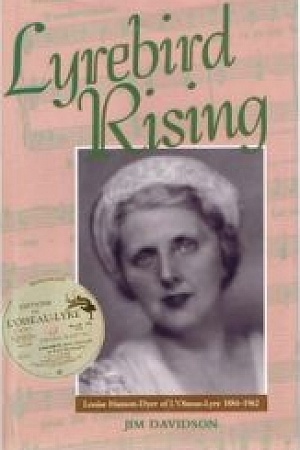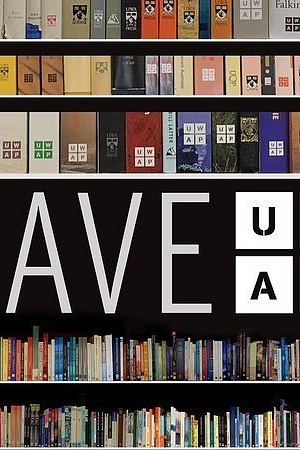MUP, Looking Ahead
Like many of us, I think of the book as the great vehicle for the sophisticated expression of our humanity. The world needs the book more than ever. To thrive and indeed survive as humans we need to develop our capacity to make rational decisions based on evidence, logic, and an open, imaginative, empathetic engagement with each other, a capacity best facilitated, as we grow, by reading.
With Melbourne University Press I’m excited to have the chance to lead Australia’s oldest and one of its most prominent and prestigious university presses. MUP will continue to publish print books for retail markets in Australia and New Zealand and around the world. The press and its proven team will continue to work hard to add value to these books – editorially and in terms of their design and print quality – and to market them expertly and aggressively, in fulfilment of the traditional function of a university press: to advance trusted knowledge and informed commentary beyond the halls of academe and into the broad public sphere.
Most of the authors of MUP books for the retail market will, I expect, be university-based scholars working in the fields of Australian Studies and History, including writers of biography and memoir. But the press will also be actively commissioning works by journalists, independent scholars, and other members of the public, and will eschew any narrow interpretation of what constitutes a serious, relevant contribution to public debate and discussion.
MUP will, additionally, seek to take advantage of the opportunities afforded within the digital age to publish more specialised books, including in disciplinary fields beyond the humanities and social sciences (which are the focus of most university presses around the world), and effectively reach the international audience that exists for such works, via electronic open-access publishing.
For more specialised forms of research, especially, there are compelling arguments in support of open-access publishing. Evidence suggests that such publishing maximises readership, including of course outside universities, as well as citations, that in doing so it facilitates new and sometimes unexpected cross-disciplinary intellectual pathways, and that it minimises costs of delivery, with all of the benefits this entails for the public and its research funding bodies.
At the Association of University Presses annual meeting in Detroit this year, open access was at the forefront of participants’ minds, as it has been for a number of years. It is also a central preoccupation within STEM publishing circles. Vivek Mehra, MD and CEO of Sage India, told a New Delhi audience earlier this year that there is a growing demand from authors to allow their works to become open access over a period of time.
Award-winning MUP books by Mark McKenna, Jenny Hocking, and many others published over the past couple of decades, often through the Miegunyah imprint, along with such important new releases as Joelle Gergis’s Sunburnt Country, on the implications of climate change for Australians, exemplify the best traditions of university press publishing. MUP will continue to maintain these traditions while pursuing new opportunities to provide leadership, in world terms, in the publication of more specialised research.











Leave a comment
If you are an ABR subscriber, you will need to sign in to post a comment.
If you have forgotten your sign in details, or if you receive an error message when trying to submit your comment, please email your comment (and the name of the article to which it relates) to ABR Comments. We will review your comment and, subject to approval, we will post it under your name.
Please note that all comments must be approved by ABR and comply with our Terms & Conditions.